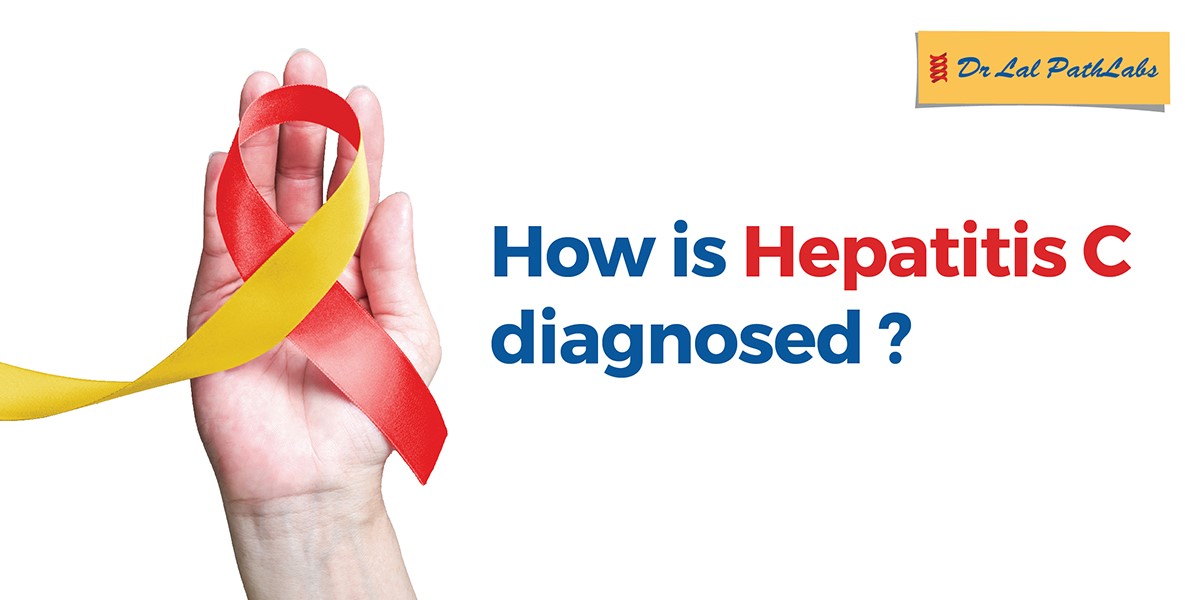Hepatitis C: What It Is, Symptoms & Diagnosis
What is Hepatitis C?
Hepatitis C is a viral infection that causes inflammation and damage to the liver. The liver is a vital organ for processing nutrients, filtering blood and fighting infections. The function of the liver may be affected when the liver is inflamed or damaged.
Hepatitis C is caused by the hepatitis C virus. Hepatitis C spreads through sharing needles to inject drugs, contact with infected blood, unprotected sex with an infected person, or during childbirth.
Antiviral medicines are used to treat both acute and chronic Hepatitis C. Hepatitis C vaccination at this point is not available.

What are the symptoms of Hepatitis C?
People often have no symptoms and the signs and symptoms of Hepatitis C, if they appear, may include:
- Abdominal pain
- Dark urine
- Fever
- Joint pain
- Nausea and vomiting
- Weakness and fatigue
- Jaundice
- Clay or grey-colored stools
- Bruising or bleeding easily
- Poor appetite
What are the complications of Hepatitis C?
Complications may be avoided by early diagnosis and treatment of Chronic Hepatitis C.
The long-term hepatitis C infection can cause serious complications such as:
- Liver cirrhosis
- Liver cancer
- Liver failure as advanced cases of liver cirrhosis may cause the liver to stop working.
What are the risk factors for developing Hepatitis C?
The risk factors for developing hepatitis C are:
- Injected or inhaled Illicit drugs
- Received a blood transfusion or organ transplant before 1992
- Exposure to infected blood, e.g., if an infected needle pierces the skin
- Born to a mother with hepatitis C
- Have HIV
- Received a tattoo or body piercing by an unsterile instruments
- Sharing personal items, such as glucose monitors and toothbrushes, that may have come into contact with infected blood.
How is Hepatitis C diagnosed?
Doctors diagnose hepatitis C based on medical history, physical examination, and blood tests. The blood tests for hepatitis C include:
- Hepatitis C Antibody (Anti-HCV) test is used to determine the presence of Hepatitis C viral infection in individuals with signs and symptoms, such as:
- Abdominal pain
- Dark urine
- Fever
- Joint pain
- Nausea and vomiting
- Weakness and fatigue
- Jaundice
- Clay or grey-colored stools
The test detects the presence of antibodies against the Hepatitis C virus. Antibodies are proteins the immune system produces when the body detects a foreign substance, such as a virus. The test is also used to screen for Hepatitis C infection during pregnancy to prevent transmission of infection from mother to child.
The Anti-HCV test results can be categorised as below:
Reactive: Indicates the presence of Hepatitis C antibodies in the blood.
Non-reactive: Indicates absence of Hepatitis C antibodies in the blood.
- Hepatitis C RNA Test can show whether a person still has hepatitis C virus and how much virus is in the blood.
- Genotype test is used to find out details about the strain, or form, of the hepatitis C virus. The doctor uses the test results to recommend treatment based on the hepatitis C genotype.
The doctor may recommend additional tests such as the below to assess the extent of liver damage:
- Transient elastography (FibroScan)
- Blood tests
- Liver biopsy
Disclaimer:
This blog is for educational purposes only and you should not use it as a substitute for medical advice or consultation. It is not to be substituted for the advice or treatment of a healthcare professional.













